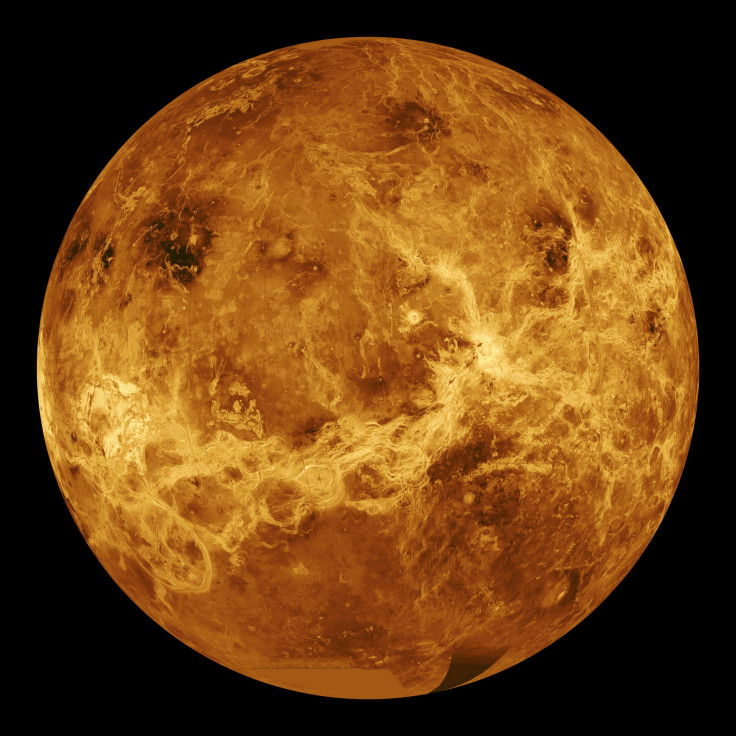Scientists Try To Solve Mystery Of Venus’ Missing Lightning

Scientists are currently trying to collect solid evidence of lighting in Venus’ atmosphere. However, despite numerous missions from various space agencies, scientists are still yet to prove the existence of lighting in the alien planet.
For years, scientists have believed that bolts of electricity streak across Venus’ thick atmosphere after witnessing flashes within the alien planets’ clouds. Unfortunately, even through dedicated missions, actual images of lightning in Venus still remain elusive.
One of the scientists currently hunting for these bolts of electricity is Ralph Lorenz from the John Hopkins University’s Applied Physics Laboratory. Using the data collected by the Akatsuki orbiter from Japan, Lorenz and his team hope to finally uncover the truth regarding the lighting in Venus.
For Lorenz, however, the ongoing search for lightning has been quite challenging.
“When you read the history books, it all reads a bit like a crossword puzzle: you know, somebody came along and measured this and found this and everything all fit,” he told Space.com. “It’s really much more like a detective story, where the detective’s getting this testimony from this person and this testimony from that person.”
For the search, Lorenz is relying on Akatsuki, which was launched by Japan in 2010 to specifically observe Venus. Unfortunately, due to certain issues, the spacecraft cannot reach its targeted distance from the planet. As a result, its camera can only observe Venus from very far.
This left Lorenz and his team with a very minimal window to observe Venus. So far, the team has not yet a flash or glimpse of lightning on the alien planet.
Despite being unsuccessful in their search, Lorenz is still optimistic that his team will be able to finally solve Venus’s lightning phenomenon. He is also hoping that other space agencies would launch their own probes around Venus so he and other scientists will have better chances of studying the planet.
“This is in many ways an unexciting result, that we haven’t detected optical flashes,” Lorenz said. “It’s possible Akatsuki has just been unlucky and the next time we observe we’ll actually detect hundreds of flashes, and that would be very exciting.”
© Copyright IBTimes 2025. All rights reserved.





















